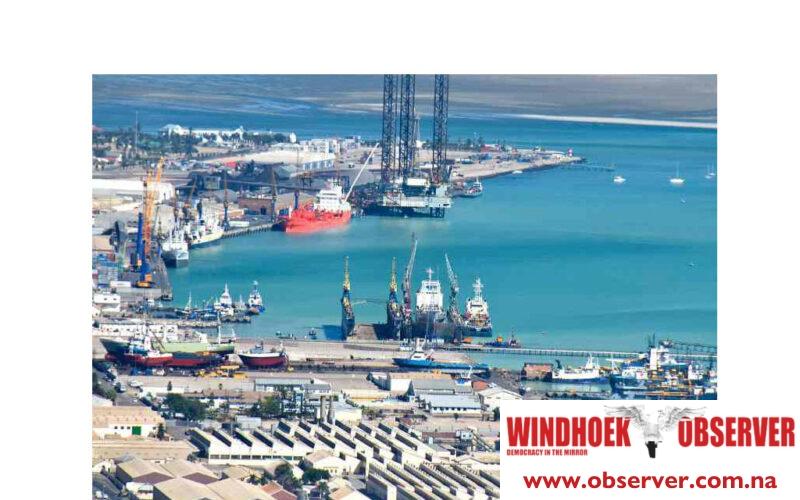Martin Endjala
Local economic analysts are of the view that the announced reduction in corporate tax rate by the Minister of Finance and Public Enterprises, Iipumbu Shiimi, during the tabling of the National Budget in the National Assembly on Wednesday, will make Namibia more attractive to investors.
According to a Simonis Storm Securities report the reduction of the corporate tax rate from 31 percent, to 28 percent, is a noteworthy move that will align Namibia’s tax rates with regional and global standards.
The reduction is expected to make Namibia a preferred investment destination that will attract both domestic and foreign investors.
The phased reduction, starting with a decrease to 31 percent in 2024 and further to 30 percent in 2025, provides a gradual transition for businesses to adjust to the new tax regime.
The implementation of a 10 percent dividend tax, effective from January 2026, is aimed at addressing the disparity in the tax treatment of dividends paid to non-resident shareholders, which are currently subject to tax.
This measure is expected to create a more equitable tax system and generate additional revenue for the government.
Participants in the Special Economic Zones (SEZ) will be subject to a corporate income tax rate of 20 percent.
The mandatory registration threshold of Value Addition Tax (VAT) registration threshold has been increased from N$500,000 to N$1,000,000.
Moreover, the exploration of a VAT e-invoicing system and the continuation of the Tax Amnesty Program are initiatives to improve tax compliance and administration efficiency.
The operational budget is estimated at N$74.6 billion, representing an increase of 8.8 percent over the 2023/24 financial year estimates.
The increase in operational expenditure largely reflects the 5.0 percent adjustment in the civil service wage bill at a cost of N$1.7 billion to guard against the erosion of purchasing power. The wage adjustment is effective from 01 April 2024.
The development budget has been increased significantly by 58.1 percent to N$12.7 billion, which includes N$3.2 billion in grant-funded and loan-funded projects.
This budget allocation is equivalent to 4.6 percent of the Gross Domestic Product (GDP), an improvement from previous years.
Additionally, Revenue collections stood at N$72.0 billion, a collection rate of 90.6 percent over the first 10 months of the financial year, significantly higher than the historical average. Corporate income tax, VAT, withholding tax on services, and royalty tax showed strong collections.
Total revenues are estimated at N$90.4 billion for the 2024/25 financial year, an increase of 11.5 percent from the previous year.
Revenue growth over the Medium-Term Expenditure Frameworks is projected to average 5.0 percent, reaching N$93.6 billion by the 2026/27 financial year.




